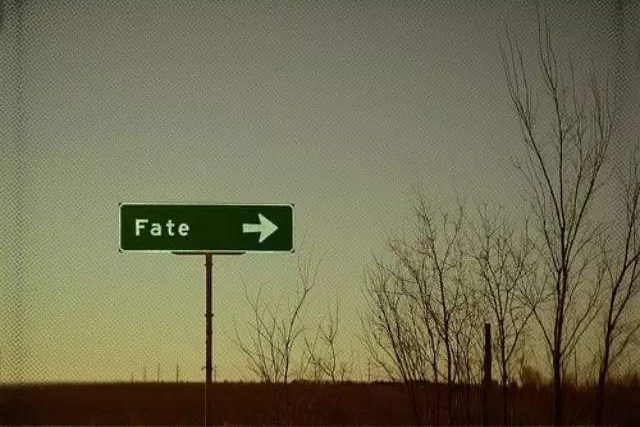It is a historical fact that the great Chashmonai family disappeared completely from the historical scene within only two hundred years of the first Chanukah. The question arises, “Why was such a great punishment visited upon a family which saved the Jewish People?”
 At the end of the Book of Bereishit, in Parshat VaYechi, Yaakov blesses his twelve sons. These blessings have always been seen as having the quality of Prophecy. His blessing to his son Yehudah contains the following, “The scepter shall not depart from Yehudah…,” meaning that the King of Israel should always be from the Tribe of Yehudah, and from the House of David.
At the end of the Book of Bereishit, in Parshat VaYechi, Yaakov blesses his twelve sons. These blessings have always been seen as having the quality of Prophecy. His blessing to his son Yehudah contains the following, “The scepter shall not depart from Yehudah…,” meaning that the King of Israel should always be from the Tribe of Yehudah, and from the House of David.
The following is a quotation from the Biblical commentary of Ramban (“Nachmanides,” Rabbi Moshe ben Nachman), a great 13th Century Torah scholar, “This was the reason for the punishment of the Chashmonaim, who reigned during the Second Temple. Though they were righteous servants of G-d, without whom the learning of Torah and the observance of Commandments would have been forgotten in Israel, and despite this, they suffered such great punishment:”
“The four sons of the old Chashmonai, Matityahu, saintly men who ruled one after another, in spite of all their prowess and success, fell by the sword of their enemies…; All the children of the righteous Matityahu the Chashmonai were deposed for this only: they ruled even though they were not of the seed of Yehudah and of the House of David, and thus they completely removed “the scepter” …from Yehudah.”
“It is also possible that in addition to the Chashmonaim having sinned for assuming royalty when they were not from the Tribe of Yehudah, they also sinned in ruling on account of their being priests, who have been commanded: ‘Guard your priesthood in everything that pertains to the altar, and to within the holy curtain, and thus shall you serve.’ ”
Church and State
Although the task of the Jew is primarily to integrate holiness into all aspects of his life, nevertheless there is an understanding of the concept of “havdalah,” of distinction, between “kodesh,” that which is holy, and “chol,” that which is temporal. The task of the “Kohen,” the Priest, is to serve G-d; the task of the Jewish King is to dedicate himself, as a servant of G-d, to the service of the Jewish People.
Although it was absolutely necessary for the Chashmonaim to lead the revolt against the enemies of the Jewish People, as a “Horaat Shaah,” a temporary ruling, they surely knew that “malchut,” kingship, is reserved for Beit David, descendants of King David, from whom we hope the “Mashiach,” the Messiah, will ultimately emerge. Thus, by refusing to relinquish the position of king, the later Chashmonaim were delaying and even harming Jewish Destiny.
This also helps to explain the reticence of the Talmud, though not the Jewish Prayer Book, on the subject of the military victory of the Chashmonaim. It is not only because Chanukah was mainly the celebration of a spiritual victory, but also because the descendants of those great and brave men and women who rose in behalf of their G-d and in defense of their People and their way of life, and who achieved victory with the help of G-d, went astray so soon thereafter.